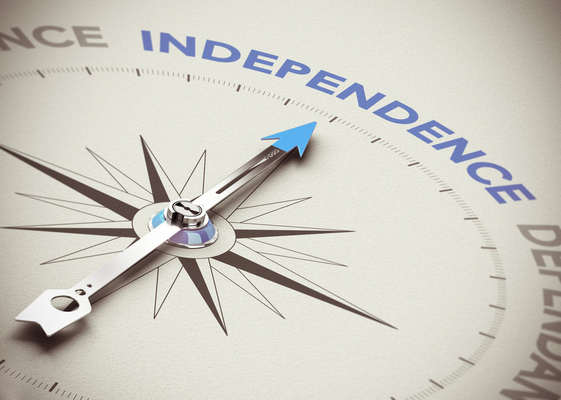“No other nation has been built upon an idea—the idea of liberty.” – Former British Prime Minister Margaret Thatcher, describing the United States of America
The deep-seated conviction that produced our unique system of government was that human beings were, first and foremost, meant to be free, self-governing people under “the Laws of Nature and of Nature’s God.” The purpose of civil government was to secure the unalienable rights of life, liberty, and the pursuit of property.
Obviously, our Founding Fathers did not get it perfect all at once. The continuation of slavery in America at our Constitution’s inception proved that at that time, the noble vision cast in the Declaration of Independence was one that America could not yet fully realize. But the bloody Civil War fought to end the blight of slavery nearly a century later proves that a well-cast vision that rings true and right in the hearts of a people can embolden them to make the course corrections necessary to achieve it.
Today America is at another crossroads, and we are called again to choose. We will either courageously confront a situation that is irreconcilable with our Founding vision, or we will give up that vision and drift, by default, toward a different, but uncertain, destination.
The situation is this: our national government exercises a degree of power and control over its citizens’ lives, liberty, and property that is inconsistent with the system of self-governance enshrined in our Constitution.
If you question this conclusion, then just ask yourself a few questions about how the modern federal government operates:
- Can you think of any area of public policy over which the federal government does not exercise any power?
- Are there any effective limits to Congress’ power to tax its citizens or spend their tax dollars?
- Is the U.S. Supreme Court still the “least dangerous branch” that the Founders intended it to be, and if not, is there any effective “check” on its awesome power?
- Do state and local governments today act as “laboratories of democracy,” testing out different types of public policy as they were intended to do, or do they spend much of their time dealing with federal mandates?
Under our written Constitution, the national government is given few, specific, limited powers. The lion’s share of governance is explicitly reserved to the people and to their state and local elected officials—those who are much more easily reached by and readily responsive to ordinary citizens. While the national government is essential to protect our national interests, secure our borders, and perform a limited number of other functions, the design of our Constitution is that the laws and policies that impact us most be made as close to home as possible.
Do we still believe in self-governance? Or do we believe that the Founders’ vision was wrong, and that we are actually incapable of governing our own lives, desperate for the directives of a highly centralized, national government—institutions and agencies who cannot know us or the challenges we face—to make more and more of our decisions for us?
Or perhaps the better question is this: If we do still believe in self-governance, are we willing to do what it takes to get it back?
Liberty isn’t easy. It means that we are responsible to teach our children what is right and good, and to do what we know to be right and good—because a free people must be a virtuous people. It requires our willingness to work hard to provide for our own needs and for the basic needs of those in our communities who are truly unable to provide for themselves. Liberty requires that we never expect of our government more than it was actually designed and empowered to give us.
But I think most Americans still agree that the way of Liberty is the best way. And many Americans believe the time is right to make a clear course correction; to navigate again toward the noble principles enshrined in the Declaration of Independence and our Constitution.
Article Five is the navigational tool that empowers we, the people, to make this course correction.
The issue of slavery was once so divisive that only war could pave the way for the use of the Constitution’s Article Five process to make the necessary constitutional amendment. But the cause of self-governance—the cause of Liberty—is a cause that unites Americans today. And while politicians and bureaucrats in Washington, D.C. would prefer to keep their stranglehold on us, none of their powers can preclude the states from using the peaceful, orderly, Article Five convention to propose amendments that will steer our nation back toward self-governance.
There are some things good citizens do because it is our duty, as citizens, to do them. Voting is the classic example. But in America, good citizenship also requires that we use the constitutional tools available to us to make necessary course corrections when our government goes astray.
Liberty is our destiny. But it is not a destination reachable by aimless drifters; it requires that we have the fortitude to make, again, a course correction.
Click here to read more from the Blaze.
Rita Martin Dunaway serves as National Legislative Strategist for the Convention of States Project. Contact her at rdunaway@cosaction.com, or follow her on facebook.



